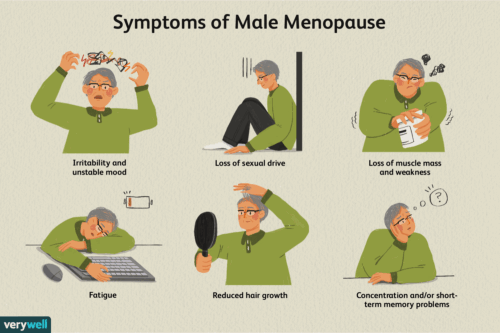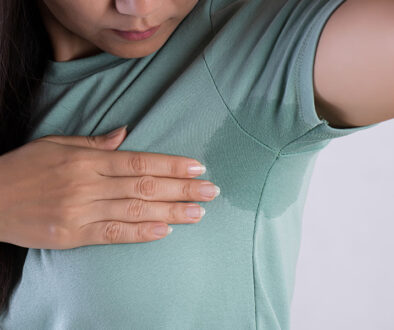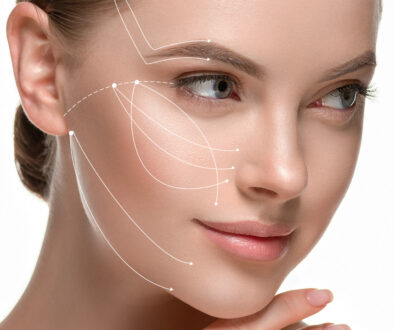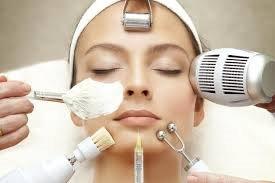Male Menopause
I have worked in Sydney CBD for over 25 years. I have treated young men and less young ones. One of the myths that were dispelled early in my professional journey was that men are raging high testosterone machines.
Not true in my practice, yet we have been treating men for low energy, emotional instability, growing waist line, poor sleeping pattern with medicines and useless advice. Not necessarily our fault since doctor’s training had very little emphasis on balancing male hormones.
Male menopause is rarely referred to and not often investigated and treated.
I don’t think it is right and, in an effort, to correct this aspect I would like to provide some of my insights into The Andropause (male menopause).
Male menopause, also known as andropause or late-onset hypogonadism, refers to age-related hormonal changes (decreasing testosterone levels) and associated symptoms in men as they get older. While not directly equivalent to female menopause, it can produce some similar effects.
Male menopause presentations
The most common symptoms of male menopause include:
– Decreased libido and erectile dysfunction
– Fatigue and loss of energy
– Mood changes like irritability and depression
– Weight gain, especially around the abdomen
– Loss of muscle mass and reduced physical strength
– Sleep disturbances
– Difficulty concentrating and memory issues
Male menopause causes
The primary cause is a gradual decline in testosterone levels as men age:
– Testosterone levels begin decreasing around age 30-40 at about 1% per year
– By age 70, testosterone levels may be 30-50% lower than in young adulthood
However, unlike female menopause, there is no complete cessation of hormone production. Other factors that can contribute include:
– Chronic health conditions like obesity, diabetes, and heart disease
– Lifestyle factors such as lack of exercise, poor diet, smoking, and excessive alcohol use
Male menopause risks:
Men experiencing symptoms of andropause may be at increased risk for:
– Osteoporosis and bone fractures due to decreased bone density
– Cardiovascular disease
– Metabolic syndrome
– Depression and other mood disorders
While the symptoms and conditions listed above may be due to other conditions, I believe that The Aging Man” deserves attention and correction of his hormonal levels.
In my clinic, I welcome men who maybe identify with the above and the followings:
Ode to the Testosterone-Depleted Man
Once a titan, now a mere mouse,
His virility’s taken a douse.
No more flexing, no more might,
Just a sigh and a pitiful plight.
He used to conquer, now he just laments,
His mojo’s vanished, his spirit’s atones.
A shadow of his former self,
A sad tale, a comical shelf.





